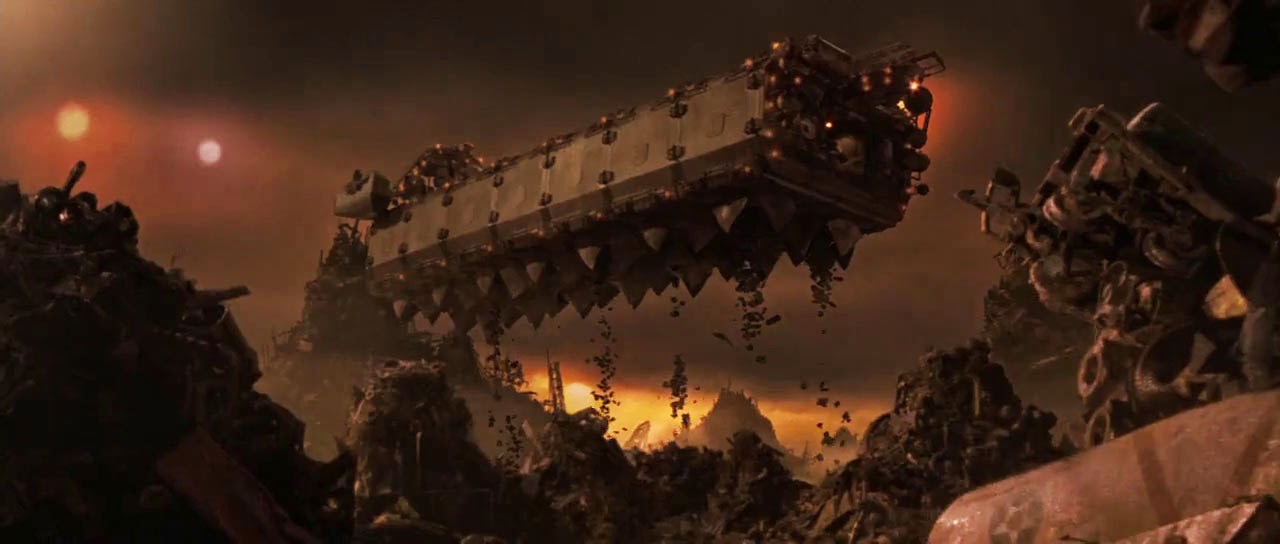Alright Mr half-emptyWhat a great way to find new folks to war with. Think about it, self-sufficient colonists build an independent society upon a rich planet, and here comes old-earth folks wondering 'why they're not slaving away digging up resources to send home-world.' I'm of the opinion that no matter how much we might physically evolve, we're significantly farther away from maturing.
K2
I disagree though with the 'slaving away digging up resources to send home-world' trope. That's just pure hokum that is propagated by C-list SF movies. I can't see how that would make sense given the vast resources that are just lying about that aren't part of an actual ecosphere.
I feel your still thinking like a 20th Century human.
Anyway away from that aside, Yes, we can be brutal, violent, selfish and evil. But we can also be kind, peaceable, emphatic and strive to be good. Half way between an animal and a god. (Although from my cursory reading of religion, it's the gods that come across as pretty bad, so perhaps we should upend that metaphor) We know which way we should be going as a goal, no? Violence does appear to be dropping amongst us as time goes on - despite what your TV screens may be screaming at you.
This made me think though about aggression in our species. Like it or lump it, it's part of us right now. We see the negative consequences of course, but it also fuels our creativity and curiosity. Without that drive would we not be something else? I'm not saying it's a great thing to have this constant aggression, but perhaps it was necessary for where we have got to now.
As for our lack of foresight about ecological issues it is depressing, but how many animals and plants in the past have selfishly eat their way through their ecological niche and made themselves or many other species extinct by changing the world? Yes, before you tell me, not quite on the scale we're managing to do it (although I think a shout needs to go out ot the blue-green algae that started the Great Oxygen Holocaust). At least there is some glimmer of longer-term thought on the consequences of our actions and a few of us are starting to look to the long-term, something we can be pretty sure those cyanobacteria didn't bother themselves much with.



